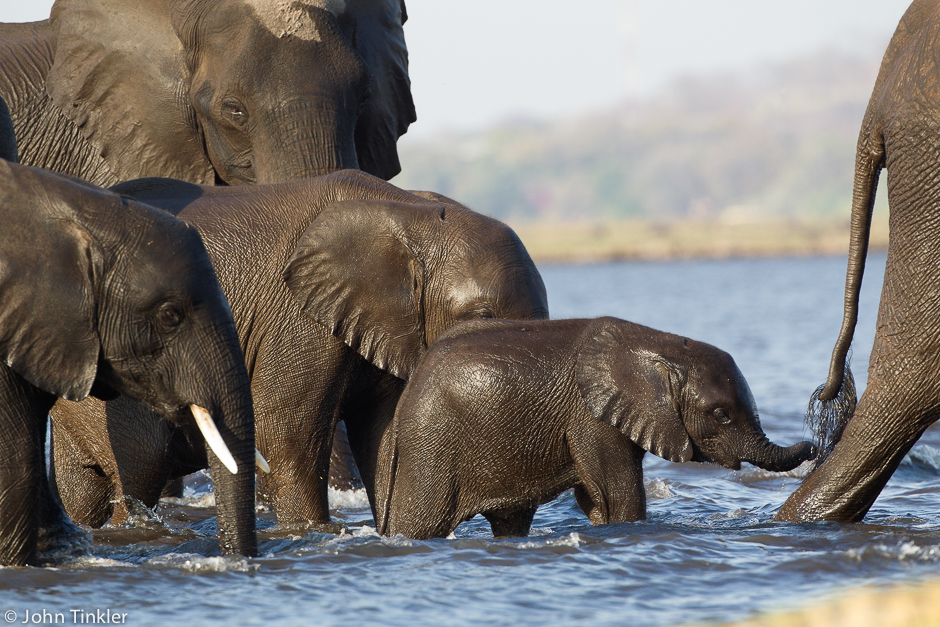
Botswana’s national park struggling to support elephant refugees
Chobe National Park, in northern Botswana, is struggling to support high numbers of animals fleeing from poaching in other countries, according to a report by the national geographic.
Elephants swim in large numbers across the Chobe River to the grassy shores of Namibia to feed, risking their lives in the legal hunting region. The elephants quickly swim back to the safety of Chobe national park after a filling a meal.
The scenario is replicated with elephants from Zambia and Angola as the mammals flee the clutches of ivory poachers.
“Our elephants are essentially refugees,” says Michael Chase, founder of the Botswana-based conservation group Elephants Without Borders, which works to create transboundary corridors for elephants to travel safely between countries.
Chobe Park has an increasing dry eco-system stretched on feeding the huge animals that consume over 600 pounds of food daily. The elephants have already eaten some plants, such as marula and acacia trees, to local extinction.
African elephant numbers have plummeted by 30 percent in recent decades, according to the 2016 Great Elephant Census, the biggest continent-wide elephant survey ever undertaken.
Anti-poaching and park management are virtually nonexistent in southeastern Angola and southwestern Zambia
“Those habitats need to be secure, otherwise we are sending elephants to a certain death,” says Chase
Botswana, ecotourism is the second largest foreign exchange earner, which means the country is “reaping the rewards of successful conservation,” Chase says.







